A horse trainer who has fallen on hard times looks to his horse, Broadway Bill, to finally win the big race.
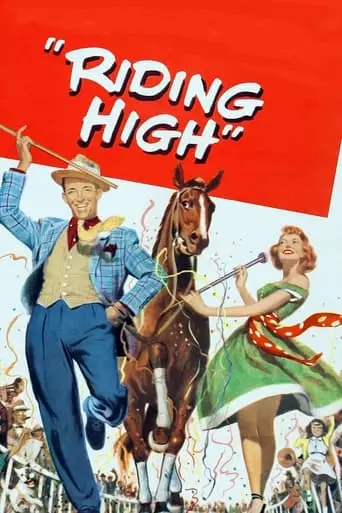
A horse trainer who has fallen on hard times looks to his horse, Broadway Bill, to finally win the big race.
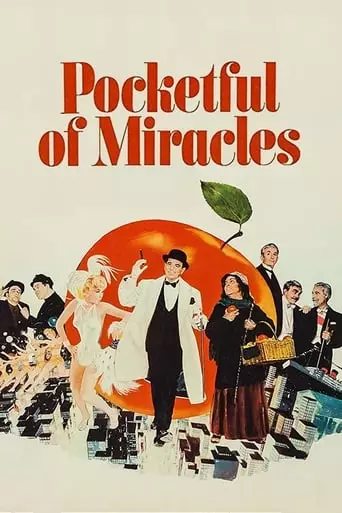
A New York gangster and his girlfriend attempt to turn street beggar Apple Annie into a society lady when the peddler learns her daughter is marrying royalty.
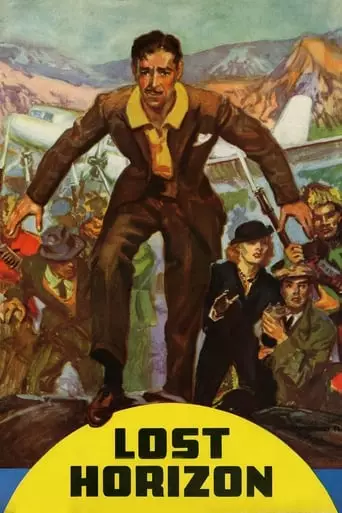
British diplomat Robert Conway and a small group of civilians crash land in the Himalayas, and are rescued by the people of the mysterious, Eden-like valley of Shangri-la. Protected by […]
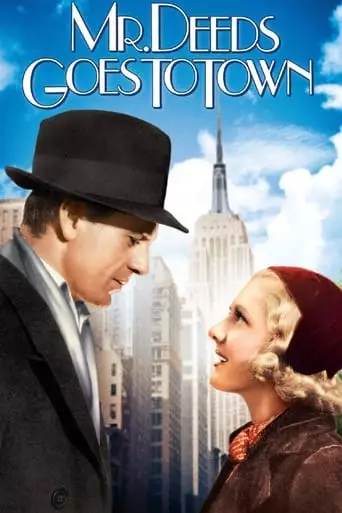
Longfellow Deeds lives in a small town, leading a small town kind of life. When a relative dies and leaves Deeds a fortune, Longfellow moves to the big city where […]
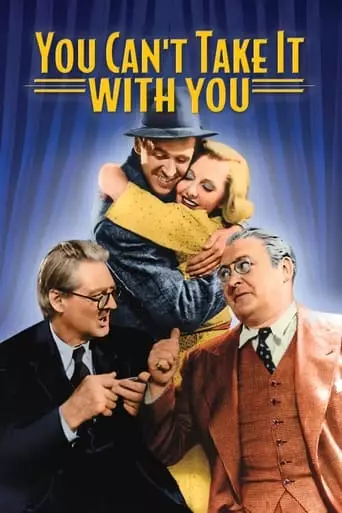
Alice, the only relatively normal member of the eccentric Sycamore family, falls in love with Tony Kirby, but his wealthy banker father and snobbish mother strongly disapprove of the match. […]
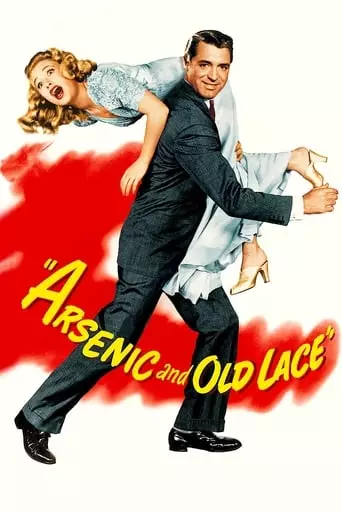
Mortimer Brewster, a newspaper drama critic, playwright, and author known for his diatribes against marriage, suddenly falls in love and gets married; but when he makes a quick trip home […]
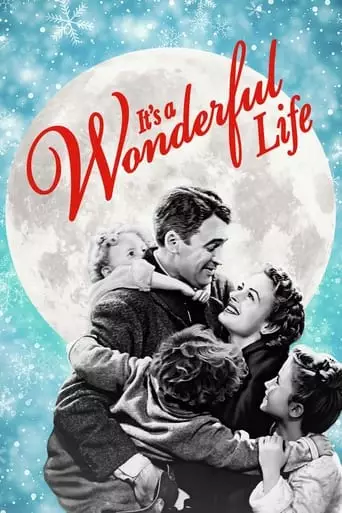
A holiday favourite for generations… George Bailey has spent his entire life giving to the people of Bedford Falls. All that prevents rich skinflint Mr. Potter from taking over the […]
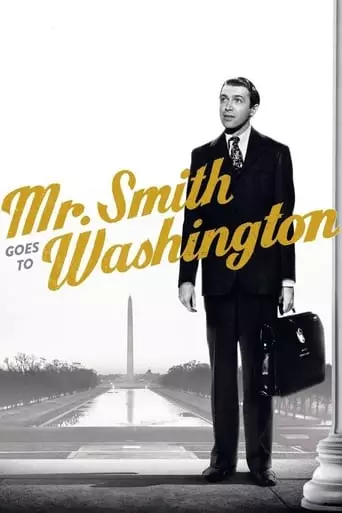
Naive and idealistic Jefferson Smith, leader of the Boy Rangers, is appointed to the United States Senate by the puppet governor of his state. He soon discovers, upon going to […]
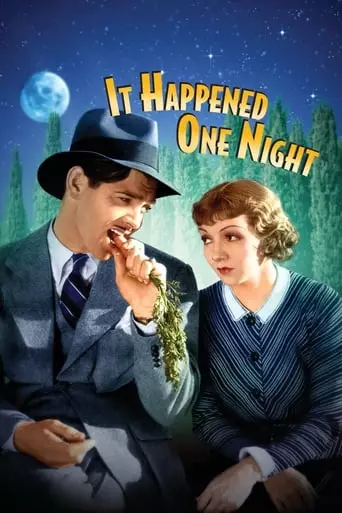
A renegade reporter and a young heiress meet on a bus heading for New York, and end up stuck with each other when the bus leaves them behind at one […]
Frank Capra: The Architect of American Optimism
Frank Capra was one of Hollywood’s most influential filmmakers, whose movies captured the essence of the American Dream during the tumultuous times of the Great Depression and World War II. With an uncanny ability to blend humor, sentimentality, and social commentary, Capra’s films celebrated the resilience of the human spirit and the triumph of the common man over adversity.
Early Life and Career Beginnings
Born Francesco Rosario Capra on May 18, 1897, in Bisacquino, Sicily, Capra immigrated to the United States with his family at the age of six. Growing up in Los Angeles, he faced the challenges of poverty but excelled academically, earning an engineering degree from the California Institute of Technology.
Capra’s entry into the film industry was accidental; he initially worked odd jobs in Hollywood before finding his calling as a director. He began in silent cinema during the 1920s, honing his craft with slapstick comedies and gaining a reputation as a technically innovative and collaborative filmmaker.
Rise to Fame with Columbia Pictures
Capra’s partnership with Columbia Pictures in the early 1930s was pivotal. Collaborating with writer Robert Riskin, Capra crafted films that were both entertaining and socially conscious. Their work transformed Columbia from a minor studio into a major player in Hollywood.
It Happened One Night (1934):
A romantic comedy starring Clark Gable and Claudette Colbert, it became the first film to win all five major Academy Awards (Best Picture, Director, Actor, Actress, and Screenplay).
Impact: This screwball comedy defined the genre and solidified Capra’s reputation as a master storyteller.
The Capra Touch: Defining a Cinematic Legacy
Capra’s films are characterized by a distinctive style that combines heartfelt emotion, humor, and a deep belief in humanity’s capacity for good. This style, often referred to as “The Capra Touch,” is most evident in his “everyman” tales that champion the underdog:
Mr. Deeds Goes to Town (1936):
Gary Cooper plays a small-town poet who inherits a fortune and battles cynicism in the big city.
Themes: The film critiques greed and corruption while celebrating decency and kindness.
Awards: Capra won the Academy Award for Best Director for the second time.
You Can’t Take It With You (1938):
A heartwarming comedy about an eccentric family clashing with corporate greed, starring Lionel Barrymore and James Stewart.
Recognition: Winner of the Academy Award for Best Picture and Best Director.
Mr. Smith Goes to Washington (1939):
Starring James Stewart as an idealistic senator battling political corruption, this film became a powerful critique of the American political system.
Legacy: Its themes of integrity and democracy remain relevant, making it one of Capra’s most enduring works.
It’s a Wonderful Life (1946):
A post-war masterpiece, this beloved Christmas classic stars James Stewart as George Bailey, a man who discovers the value of his life through the intervention of a guardian angel.
Themes: The film’s message of hope and community resilience has resonated with generations, cementing its place as one of the greatest films of all time.
War Efforts and Documentary Filmmaking
During World War II, Capra paused his Hollywood career to create propaganda films for the U.S. Army. His Why We Fight series (1942–1945) was instrumental in explaining the war’s purpose to American soldiers and civilians.
Innovative Techniques: Capra used a mix of newsreels, enemy propaganda, and narration to create compelling documentaries.
Impact: The series received widespread acclaim and earned Capra the Distinguished Service Medal.
Later Years and Challenges
The post-war era brought significant changes to Hollywood and Capra’s career. Although It’s a Wonderful Life was critically acclaimed, it underperformed at the box office, marking a turning point in Capra’s fortunes.
As the studio system declined, Capra struggled to adapt to the new independent filmmaking model. His later films, such as State of the Union (1948) and Pocketful of Miracles (1961), were well-received but lacked the cultural impact of his earlier work.
Capra retired in the early 1960s, choosing to focus on his family and personal life. He published his autobiography, The Name Above the Title, in 1971, offering insights into his journey from a Sicilian immigrant to one of Hollywood’s most celebrated directors.
Themes and Legacy
Capra’s films are enduring because they resonate with universal themes:
The Common Man: Celebrating the virtues of everyday people facing extraordinary challenges.
Hope and Resilience: Even in the darkest moments, Capra’s stories find light, emphasizing the power of community and personal sacrifice.
Critique of Power: His films often take aim at corrupt institutions, championing the values of democracy and fairness.
Directors like Steven Spielberg and Ron Howard have cited Capra as a major influence, particularly for his ability to blend sentimentality with meaningful storytelling.
Awards and Recognition
Academy Awards: Capra won three Oscars for Best Director and received six nominations throughout his career.
Legacy in American Cinema: In 1982, Capra received the American Film Institute’s Lifetime Achievement Award. His work continues to be studied in film schools and celebrated by audiences worldwide.
Conclusion
Frank Capra’s career was defined by his unshakable belief in the goodness of humanity and the resilience of the human spirit. His films, filled with optimism and timeless themes, provided comfort and inspiration during some of America’s most challenging times. From screwball comedies to poignant dramas, Capra’s cinematic vision remains a cornerstone of classic Hollywood, reminding audiences of the enduring power of hope, integrity, and the human connection.